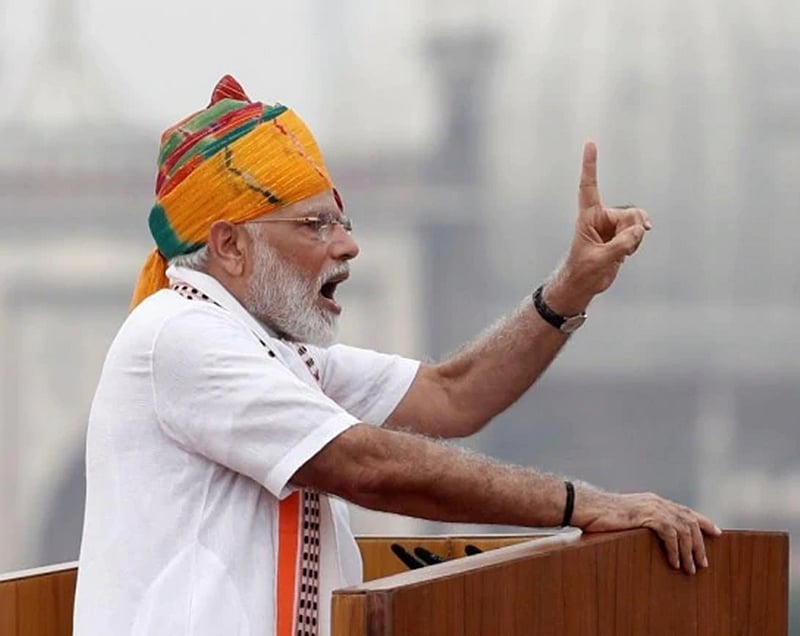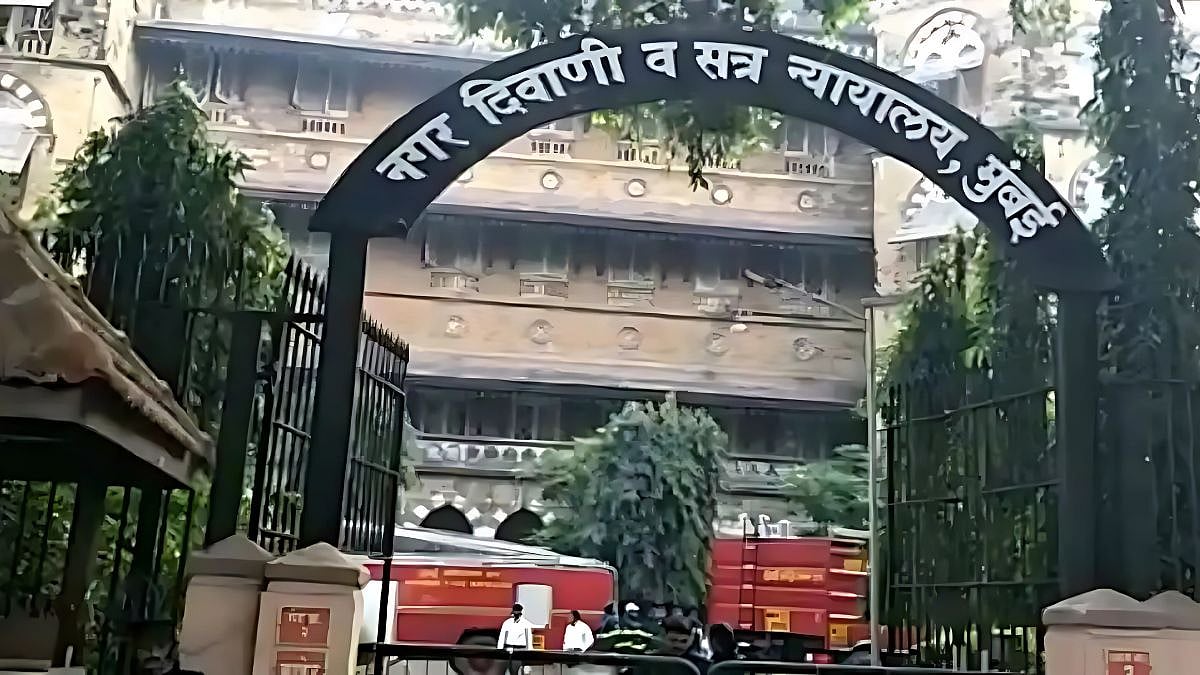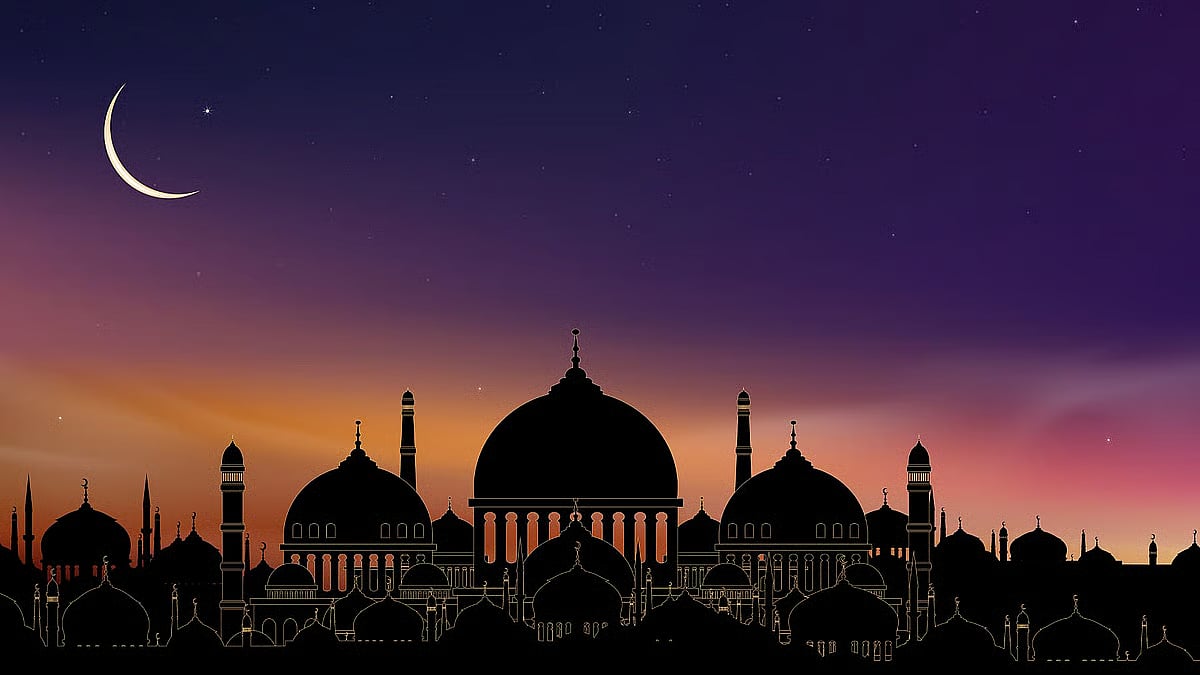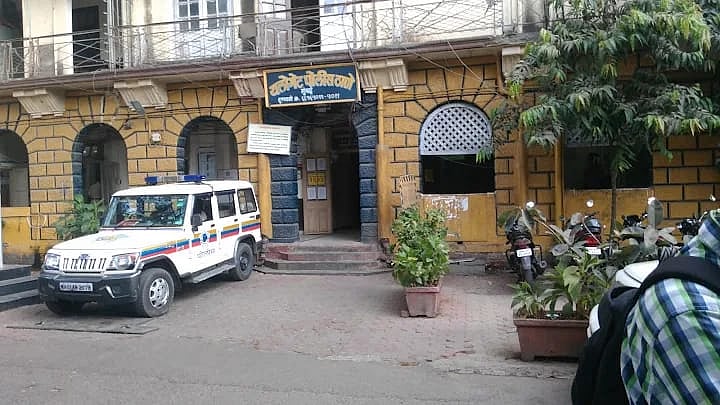The current all-out diplomatic war between India and Pakistan is a throwback to the times when Kashmir took centre-stage in the late 80’s and early 1990s.
Ever since the Modi government decided to scrap Kashmir’s special status, bifurcate the state and simultaneously place restrictions on people’s movement and mobile and internet services, Islamabad is calling out India on human rights violations. Kashmir, which had in recent times been in the back burner, is now again grabbing eyeballs.
Pakistan, once the favourite of the US and its western allies, was in the dog house for decades. Its spawning of terror outfits is now widely accepted. Pakistan’s military routinely used these groups to target the US and NATO forces fighting the Taliban in Afghanistan.
While in the past, the US had turned a deaf ear to India’s complaints, its experience in Afghanistan changed American perception of Pakistan. Islamabad lost the good will of the international community and was regularly chastised by American presidents. It began with Bill Clinton during Kargil. George Bush after 9/11 and Donald Trump till the other day.
For Prime Minister Imran Khan battling with economic problems at home, India’s decision to abolish article 370 has come at an opportune time. It has rallied the country behind the government as Pakistan vows to expose India’s human rights record in Kashmir.
Pakistan believes that Kashmir is a problem left over from the partition of 1947. The Muslim majority Kashmir valley should have gone to Pakistan but for the fact that it was under a Hindu ruler.
Now the Narendra Modi government has given Islamabad a handle to demonstrate to the Muslim population of the valley, that Pakistan understands their pain and will fight for the people. Prime Minister Imran Khan had said earlier that Kashmiris may not be in a position to raise their voices but Pakistan would do that for them.
Both at the UN as well as major world capitals. Army Chief General Qamar Javed Bajwa had said recently that Pakistan will not abandon Kashmir and Pakistan’s heart beats for Kashmiris. India has handed Kashmir on a platter to Pakistan and Islamabad will milk this opportunity to the hilt.
This is not the first time that Pakistan has raised human rights concerns. In 1994, the late Benazir Bhutto had taken India before the Human Rights Commission in Geneva (Now changed to Human Rights Council) with the intention of pushing a resolution to chastise Delhi before the world body.
The Congress government of Narasimha Rao was in power in Delhi. Rao, a strategic thinker with a clear grasp of politics, used all his resources including roping in the leader of the opposition to counter Benazir Bhutto. Rao himself planned the strategy to defeat Pakistan in Geneva.
For one, though Dinesh Singh was the external affairs minister, Rao chose the junior minister Salman Khurshid to speak before the Commission. Khurshid as an Indian Muslim, leading the delegation would convey a message to delegates about India’s secular credentials. Pakistan’s talk of repression of Muslim minorities in Kashmir and rest of the country, would sound hollow.
Leader of the opposition Atal Bihari Vajpayee of the BJP accompanied Khurshid. Also present was National Conference leader and former chief minister of Kashmir Farooq Abdullah. Joining the team was Hamid Ansari, then India’s envoy to the UN. Salman Khurshid, Farooq Abdullah and Hamid Ansari, the articulate, smart modern face of Islam were in the forefront.
In today’s political climate such a move is almost unthinkable. Though many within the opposition, including some in the Congress have supported Modi’s decision to abrogate article 370, the relations between the government and the opposition parties is bitter.
The civility of the past is all but forgotten. Hamid Ansari, who was brought in from New York for the meet, is now a hated figure among the BJP and its huge support base. Farooq Abdullal, is under house arrest. Times and politics have seen a sea of change.
India-Pakistan slanging match will continue through September as the United Nations General Assembly and UN Human Rights Council are both in session. The first bout in Geneva is over. The focus now will be in New York, where both Prime Minister Narendra Modi and Pakistan’s Imran Khan will address world leaders on September 27.
Imran Khan is likely to focus on India’s actions in Kashmir, UN resolutions and the pathetic conditions of Kashmiris who have to cope with restrictions placed on peoples’ fundamental rights. However in the long run, the UN as well as the UN Human Rights Council can do little except question India.
Delhi will be prepared with its answers. Pakistan’s use of terror outfits to bleed India and its own record in Balochistan. More important however, is what the Modi government aims to do to win back the trust and confidence of Kashmiris living in the valley.
So far the government’s approach has been to maintain law and order and avoid civilian deaths. But that is not good enough. The government needs to do more to begin a dialogue with the people of Kashmir. The sooner Delhi tries to do that, the better. Otherwise the situation may go out of hand.
Seema Guha is a senior journalist with expertise in foreign policy and international affairs.




